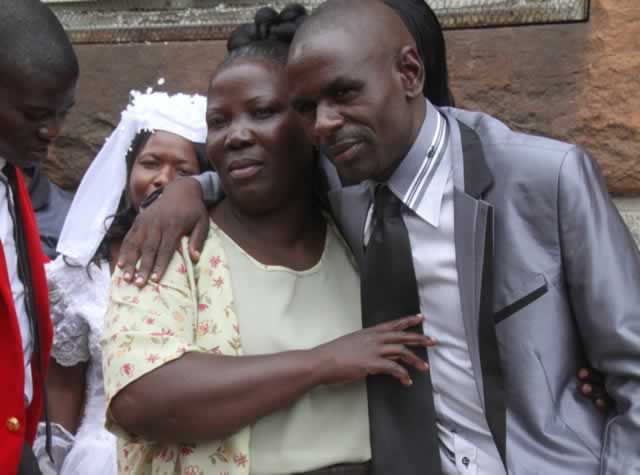HOSPITALS OUT OF BLOOD Blood bank stops supplies over debt, pint now $135

 Kamangeni Phiri Midlands Bureau Chief
Kamangeni Phiri Midlands Bureau Chief
A CRITICAL shortage of blood at the country’s major referral hospital is threatening thousands of lives.
Patients with chronic diseases such as advanced cancer and diabetes, accident victims and critically ill patients depend on blood transfusion.
But a decision by the blood bank, the National Blood Services Zimbabwe (NBSZ), to demand cash upfront from skint hospitals is already causing shortages.
The NBSZ, which collects blood from donors and also performs the expensive screening to isolate the colourless plasma used in transfusions, says it is not only demanding cash upfront but is raising the price for a pint of blood from US$80 to US$135.
NBSZ Public affairs manager, Esther Massundah, told Chronicle that they previously got money from the government and donors to subsidies the price of blood – but this has since dried up, forcing them to apply commercial principles.
“If NBSZ is to charge anything below US$135 per unit, it would be below our production costs and without doubt the NBSZ will fail to survive as a going institution,” she said.
“The production costs for blood remains around $135 a unit. In previous years, the grants the NBSZ was receiving from government and resource partners enabled us to reduce the fees to US$80 per unit for government hospitals and $50 for Mission hospitals.
“Unfortunately, this support is no longer available to any significant extent and subsequently the NBSZ has to charge the full cost recovery fees.”
Government hospitals owe the NBSZ over US$1 million.
Bulawayo’s biggest referral hospital, Mpilo, says it is critically low on blood stocks.
The hospital’s clinical director Wedu Ndebele said: “The problem is not unique to Mpilo, but all hospitals have been affected by the requirement to pay for blood upfront. They’re not allowing anyone to take blood and pay later,” he said.
The NBSZ’s Masundah said while they sympathised “with the plight of those unable to pay these fees”, Zimbabweans had to “appreciate that the NBSZ has to survive from the fees it charges for blood products.”
Massundah said NBSZ has only withdrawn credit facilities from hospitals which did not comply with the agreed credit terms.
She said those institutions whose debt is still within the agreed credit limits could still access blood on account.
She insisted that in the case of “life threatening cases, blood is immediately made available despite the withdrawal of credit facilities.”
In 2012, the NBSZ through its Board of Trustees, set up a Distress Fund to assist poor patients who have no means to pay the blood.
In December 2013, the first disbursement of coupons worth $25,000 was handed over to the Minister of Health. Currently, there are no funds available in the Distress Fund and the NBSZ continues to appeal to donors to help hospitals or the NBSZ directly to offset costs associated with blood supplies.
Government hospitals constitute 80 percent of the NBSZ’s clients. The blood bank supplies 46 government, 14 mission and 35 private hospitals across the country.











Comments